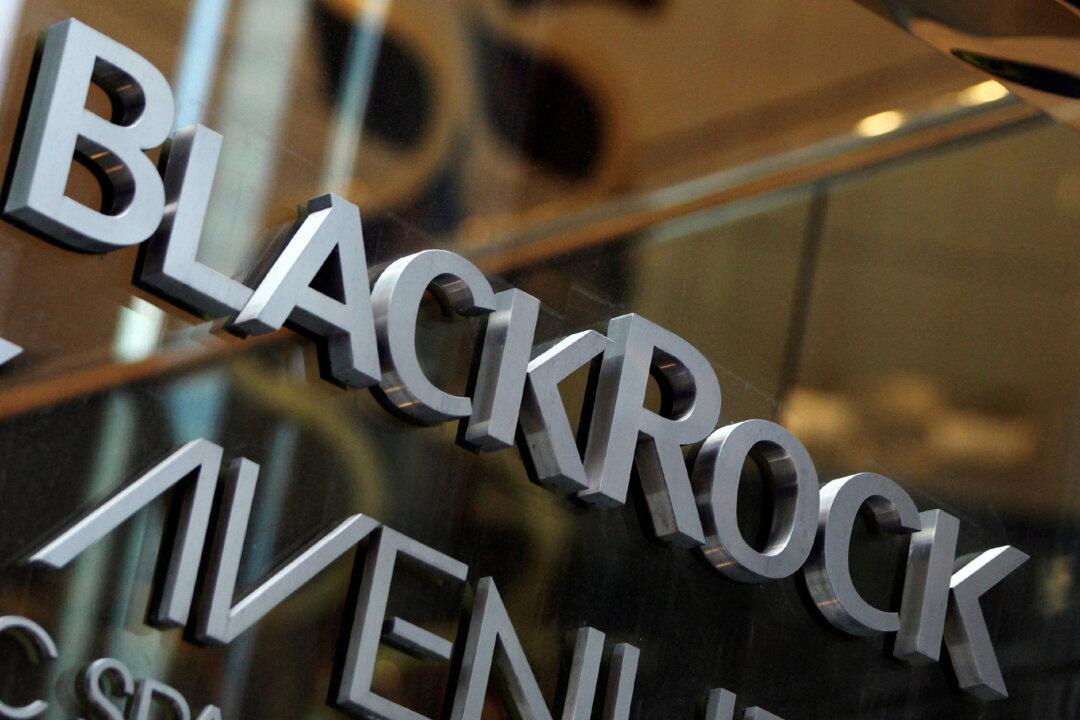BlackRock, the world’s largest asset manager, announced on June 6 that Tony Tang, the head of its China business, is leaving the company.
Tang played a key role in driving the expansion of BlackRock’s operations in the world’s second-largest economy.




